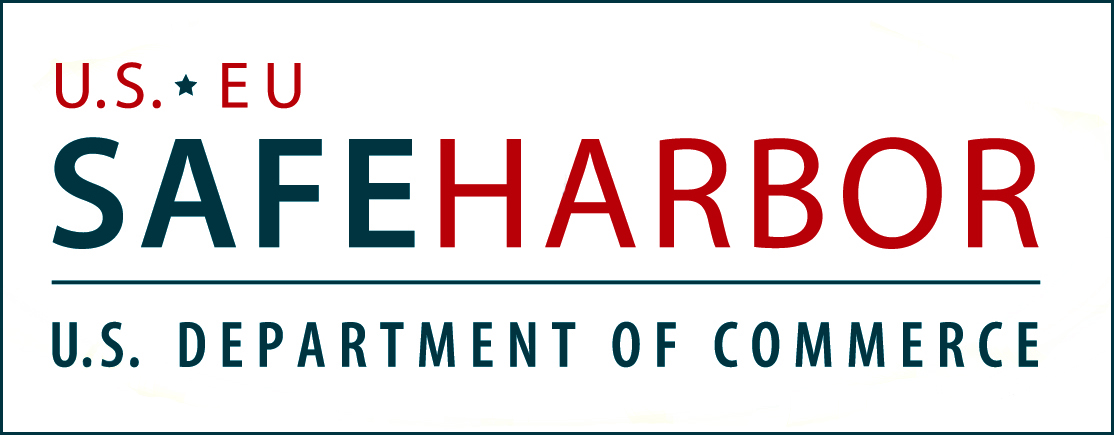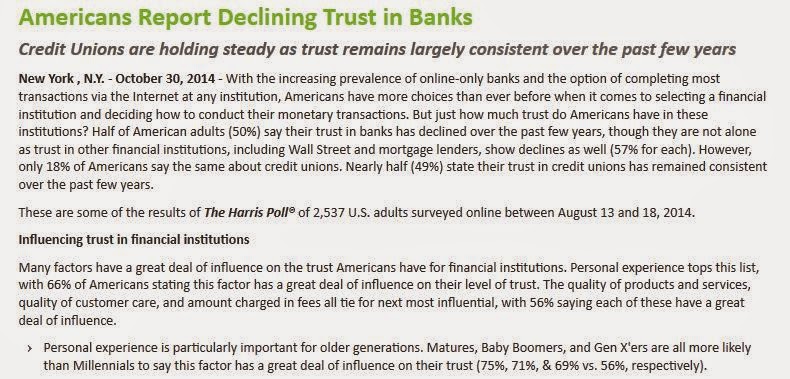Happy Thanksgiving for those of us from the USA. My holiday celebration means this column is a day late.
Starting with Canada: peaceful protests on the 22nd of November denounced government budget cuts in light of increased defence spending in Montreal. Demilitarize McGill, a group dedicated to highlighting and protesting federal government-funded research into drones, data mining and social media analysis at McGill university, participated in the protests and posted about the event on social media.
Canada also finished up Bullying Awareness Week the 22nd. The week is meant to raise awareness about the potential emotional and physical pain associated with all types of bullying, including cyberbullying. Canadian advocates from groups like Stop Hating Online, #Cyberlove and Fearlessly Girl praised how social networks provide powerful tools for youth in the fight against bullying.
In the USA, Thanksgiving is followed by #BlackFriday, a day of sales and shopping that is almost as celebrated as Thanksgiving day itself. This year, #WalmartStrikers took to the streets and to social media to demand better wages and more full-time work. Walmart earns about 16 billion US dollars in annual profits and is the USA's largest employer of 1.4 million workers. The store pays poverty wages and uses part-time work schedules to avoid offering benefits to employees.
The USA National Security Agency Civil Liberties and Privacy Director Rebecca Richards held a tumblr chat with concerned netizens early last week. Users could question the Director about NSA policies via the IC on the Record tumblr blog or on Twitter via @icontherecord.
A controversial case involving social media, free speech, and threatening language hit the USA Supreme Court this past week. Anthony Elonis posted threatening messages about killing his wife and images in which he pretended to kill a female co-worker to Facebook and will argue that his social media posts were therapy rather than threats, protected under the Constitution as free speech, and that they should not be held against him by the USA's Federal Bureau of Investigation.
In Jamaica, Environment Minister Robert Pickersgill is in hot water with Jamaicans online after the Minister's comments that most Jamaicans know nothing about Twitter. The Minister claimed that government criticism on social media came from an "articulate minority" and did not necessarily represent the opinions of "ordinary" Jamaicans. Jamaican netizens disagree.
The UK parliament targeted social networks this past week. The parliament’s intelligence and security committee (ISC) published its inquiry into the May 2013 murder of a British soldier on a London street by two British Muslims. The inquiry suggests that social networking companies have a duty to not only monitor discussions between members of their online communities but also to inform governments of any suspicious communications. The parliament's science and technology committee published a separate report stating that social media terms and conditions are too complex for users. At the same time, Theresa May MP (Member of Parliament) outlined plans for a new law that will compel firms to hand over digital information that will help identify who was using a particular computer or mobile device at a given time.
For more light reading, The Guardian hosted social media week for government, encouraging local government leaders to write about their use of social media.
Uganda held the country's first social media summit the 26th of November. Catch up on #SMUg14 here.
The United Arab Emirates hosted a media Forum the same day. Habib Al Mulla, lawyer and writer, spoke at the Forum on UAE laws that impact social media, "One is spreading misleading information deliberately. The second is spreading rumours that threaten national security. The latest concerns posting pictures or information and pictures of a person's private life. This will draw a fine and jail term."
The UAE Governance and Innovation Programme at the Mohammad Bin Rashid School of Government (MBRSG) in cooperation with Dubai Press Club presented the survey "2014 UAE social media outlook: increasing connectivity between government and citizen." The survey noted that most citizens do not feel comfortable sharing private information with the government via social media. However, most survey participants did agree that more social media interaction with the government could benefit the design and delivery of public services.
Russia's Ekho Moskvy, one of the last independent radio stations still permitted to, on occasion, criticise the Russian government, is drafting new social media guidelines after an "insensitive Tweet" by one of its journalists. The questionable Tweet suggested that the drowning of the son of the Kremlin's chief of staff might be a sign of justice given the drowning victim had earlier killed a pensioner in a hit-and-run car accident.
A new Jammu and Kashmir Assembly in India must be elected by the 23rd of December, and the political campaigns are heating up on social media. A former Bharatiya Janata Party idealogue filed a petition challenging the current Indian Government's use of social media to disseminate information to the public on the grounds that social network companies may misuse the information. The Indian Congress is criticising the Government's changes in policy post-elections using the hashtag #UTurn Sarkar.
United Malays National Organisation (UMNO), Malaysia's largest political party, hosted its International Forum 2014 titled Hyperconnectivity and the Social Media: Empowering Citizens to Build or Divide a Nation. Umno president and Malay Prime Minister Datuk Seri Najib Abdul Razak said that the biggest challenges for his party included the rise of social media, generation Y and support of the Chinese community after the 12th General Election. Malay Prime Minister Najib has a following of more than 2.2 million on Twitter.
In Australia, the Immigration Minister is under fire for spending almost $120,000 on monitoring the media, including social media, for mentions of specific names and topics. His is not the first office to be criticised for this offence; however, he is notable given his overall lack of media engagement despite his office's obvious interest in what is being said in the media.
Finally, December 5th marks the one-year anniversary of Nelson Mandela's death. South Africa plans to distinguish the occasion online and offline. Follow the hashtag #RememberMandela to participate.
For more, follow @Linda_Margaret on Twitter.










